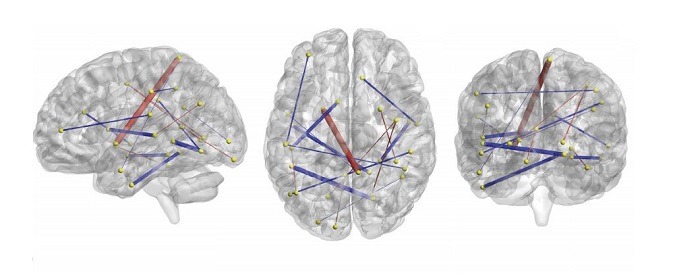Posts Tagged ‘Gingko-Biloba’
E‑Newsletter: Neuroimaging + machine learning can predict, with 96% accuracy, whether high-risk 6‑month-old babies will develop autism spectrum disorder (ASD) by age 2
_____ Time for SharpBrains’ June e‑newsletter, featuring fascinating scientific findings, promising assessments, therapies and brain health monitoring tools…and some fun optical illusions :-) New research Study combines neuroimaging with machine learning to predict, with 96% accuracy, whether high-risk 6‑month-old babies will develop autism spectrum disorder (ASD) by age 2 Cognitive Training or Gingko Biloba to prevent cognitive decline and…
Read MoreCognitive Training or Gingko Biloba to prevent cognitive decline and dementia? New comprehensive report by the National Academies of Sciences, Engineering, and Medicine clarifies priorities for public health and for future research
Evidence Supporting Three Interventions That Might Slow Cognitive Decline and the Onset of Dementia Is Encouraging but Insufficient to Justify a Public Health Campaign Focused on Their Adoption (National Academies of Sciences, Engineering, and Medicine): “Cognitive training, blood pressure management for people with hypertension, and increased physical activity all show modest but inconclusive evidence that…
Read MoreTranscript: Dr. Gary Small on Enhancing Memory and the Brain
Below you can find the full transcript of our engaging Q&A session today on memory, memory techniques and brain-healthy lifestyles with Dr. Gary Small, Director of UCLA’s Memory Clinic and Center on Aging, and author of The Memory Bible. You can learn more about his book Here, and learn more about upcoming Brain Fitness Q&A Sessions Here. Perhaps…
Read MoreMaintain Your Brain and Stay Sharp: An Upcoming Guide and Resource
You may be reading all about brain fitness and brain training. It seems every week brings a new barrage of articles and studies which often contradict what you read the month before: Does Gingko Biloba help delay Alzheimer’s Disease? Can physical exercise help you stay sharp as you age? Which computer-based “brain fitness programs”, if…
Read More


